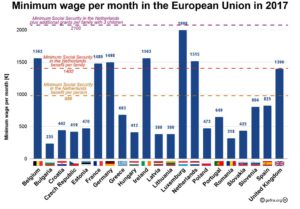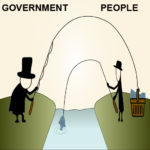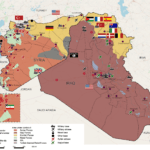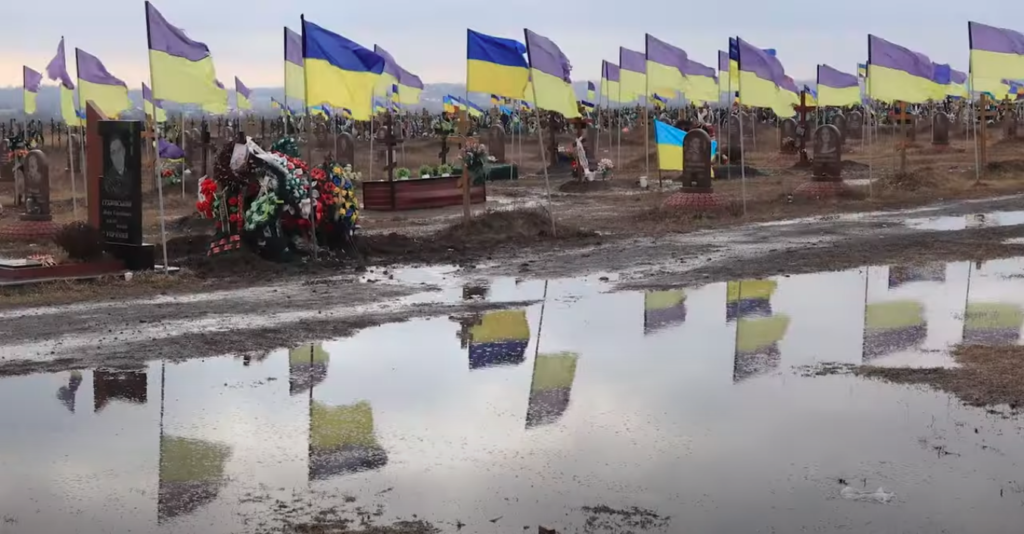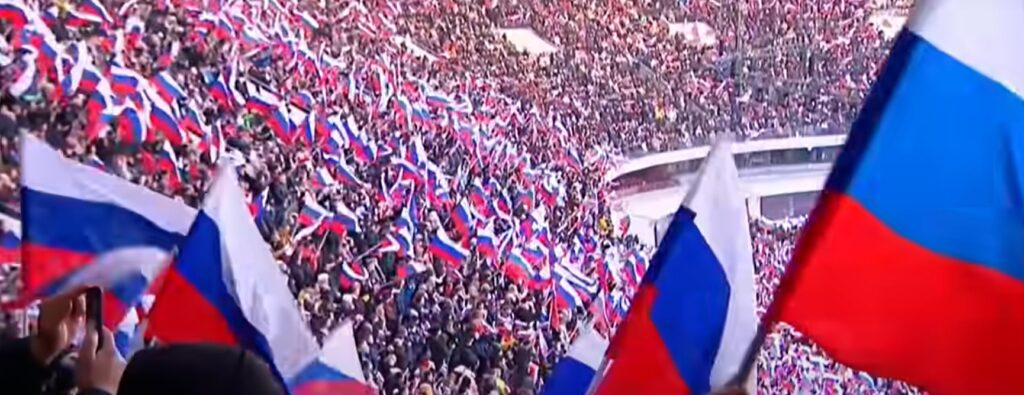Every market analyst and observer believes that the markets always strive for a balance: the bull market is followed by the bear market and conversely. The art is to follow these waves.
Gefira Financial Bullletin #19 is Available now
We have been observing for over a year now, since the election of Trump as President, a huge wave of confidence. The financial markets believed in his policies and the strength of the American economy. The main indicators of the American stock markets are reaching one high after the other, breaking record after record. Investors are speculating on Trump’s tax reform, which promises huge relief for companies: corporate tax will be reduced from 35 to 20 percent. Private households will also pay lower taxes, but all special deductions will be abolished, so that the reform will not mean any changes for most citizens in the long term and will even be unfavourable for the poorest. Trump signed the Senate’s reform at Christmas, and now a correction is more likely to occur than further record-breaking, as markets are lacking a driving force for further growth. It is paradoxical, but good news only revives the stock markets in the short term, till profits are usually made. At present investors are waiting because they want to book profits for this accounting year, and now that they can, they will most likely reap them.




